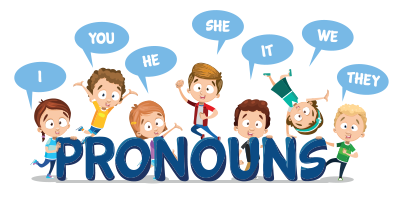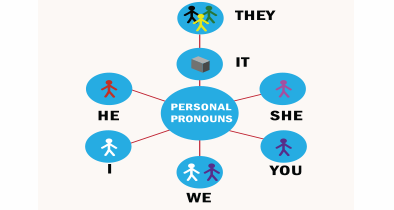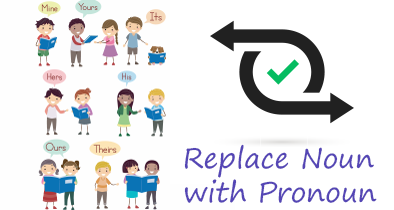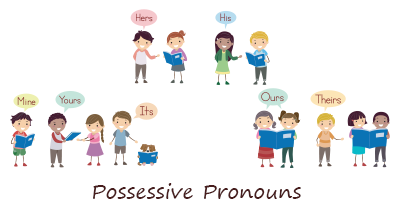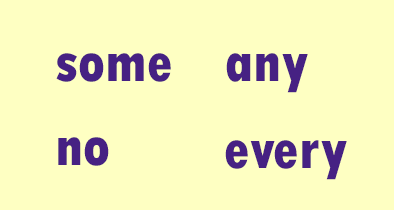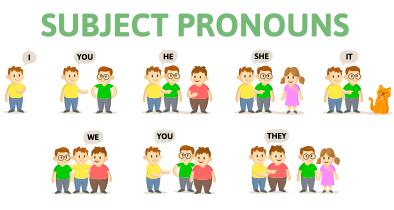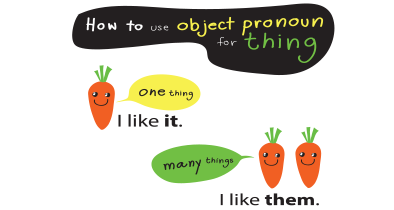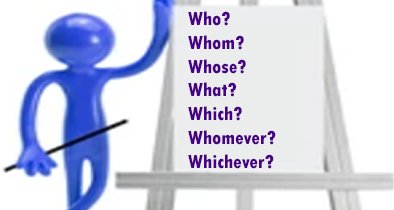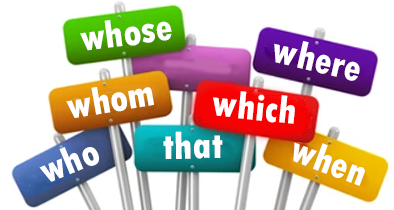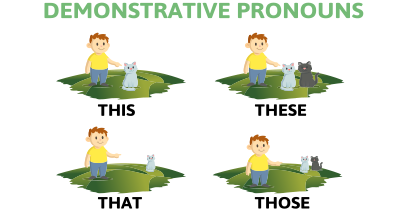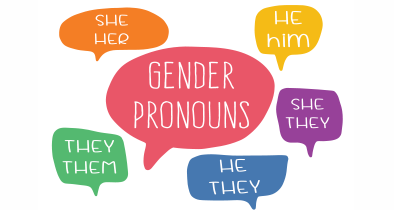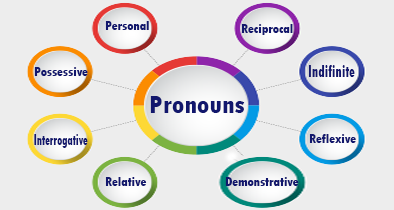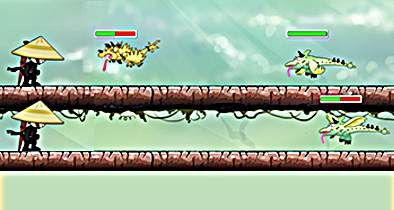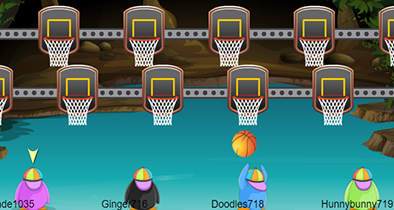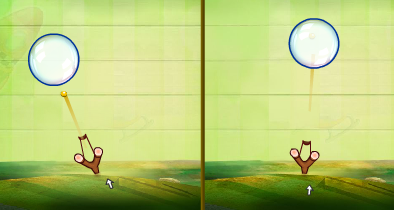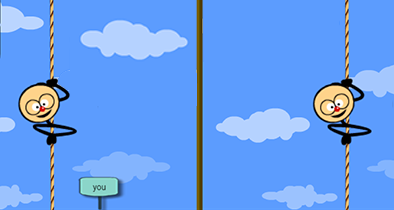Login as parent/teacher to assign this.
Pronoun Games
The prefix "pro" means "for," so a pronoun is essentially "for" a noun. And that's exactly what a pronoun is - a word that's used to represent a noun previously mentioned in a sentence or one that cannot be specified yet.
Personal pronouns are unique in that they indicate more than just the noun, but more specifically the person, gender, number, and case of the aforementioned noun.
Pronouns can replace the noun in a sentence and function in exactly the same way as the noun would function. They can either be a subject or an object within a sentence.
Pronouns can replace the noun in a sentence and function in exactly the same way as the noun would function. They can either be a subject or an object within a sentence.
Indefinite pronouns are a special type of pronoun that are used when there aren't specific nouns to represent.
Reflexive pronouns indicate you're talking about yourself. They're used as an object of a verb when it refers to the same noun as the subject. It sounds confusing, but really isn't.
Subject pronouns - or subjective pronouns - are used to represent a noun as the subject of the sentence. The subject pronouns function in singular and plural form.
Object pronouns - also called objective pronouns - are a specific type of pronoun that receives the action in a sentence, but isn't the subject. Object pronouns function as both indirect and direct objects receiving the action within a sentence.
Interrogative pronouns are a special type of pronoun that are used to make asking questions easy.
Relative pronouns will remind you of question words, but instead they are used to give specificity within a sentence when they join two different clauses together. The most common relative pronouns are who, whom, whose, which, and that, but sometimes when and where can function this way as well.
Demonstrative pronouns are a special type of pronoun that replace nouns to indicate location in distance or time.
Reciprocal pronouns indicate that two or more nouns are doing or being the same to one another in a mutual relationship. There needs to be two nouns represented in order to use reciprocal pronouns.
Gender identity is a complex concept and best left for a person to determine on their own. To be respectful, listen carefully for the pronouns used by a person and always ask a person which pronouns they prefer if it isn't clear. In this instance, it's less about hard-fast grammar rules and more about respect and honoring someone's wishes to ensure they're comfortable.
Different types of Pronouns are: Possessive pronouns, Personal pronouns, Relative pronouns, Reflexive pronouns, Indefinite pronouns, Distribute pronouns, Demonstrative pronouns, Interrogative pronouns, Intensive pronouns, Reciprocal pronouns
A singular pronoun is a pronoun that replaces a singular noun. Single pronouns take the place of a single noun within a sentence.
Plural pronouns are pronouns that replace a plural noun or group of nouns. Plural means more than one, which is the opposite of singular.
Rev up your engines for this intense multiplayer game! Practice your typing, math, and language skills through this race to the end. Correct answers make your monster truck go faster - the faster you answer, the faster you'll go! Boost power with consecutive right answers, or opt to slow other players down. Hit the gas!
Hi-ya! Get your ninja ready to battle against monsters. Race against another player to answer questions and destroy the monsters. The quicker you answer, the more power you have. Consecutive correct answers power up your ninja skills - attack with fury or retreat to save yourself.
Dribble, dribble, shoot! Get your court skills primed for a competitive game of hoops with friends! Choose your subject area from math, English, or typing skills, and jump in the game. Answer questions quickly to earn your spot on the foul shot line. Shoot to win!
Face off against your opponent armed with a slingshot. Answer questions in math, language, or use your typing skills to get ahead. Shoot stones at the correct answer bubble to pop it and score! Be careful...those bubbles will come faster the further you get into the game!
Who will make it to the top first? Climb faster than your friends by answering questions either in math, language, or using your typing skills. Correct answers propel your stickman towards the top of the rope. Answer consecutively to earn sliding props to make your opponent slip back down their rope!

Our Educational Resources
Math Games
- Addition
- Area and Perimeter
- Decimals
- Division
- Fractions
- Shapes
- Geometry
- Multiplication
- Number
- Roman Numerals
- Statistics
- Subtraction
- Time
- Units of Measurement


